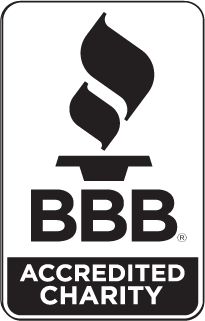3 Portraits of Displacement: The Reality of Life as a Venezuelan Refugee
Nearly 4 million Venezuelan women, children and men have fled economic and political turmoil in their country. Thousands cross the border to Colombia every day, forging ahead into uncertainty – each with their own story and hope for a new future.
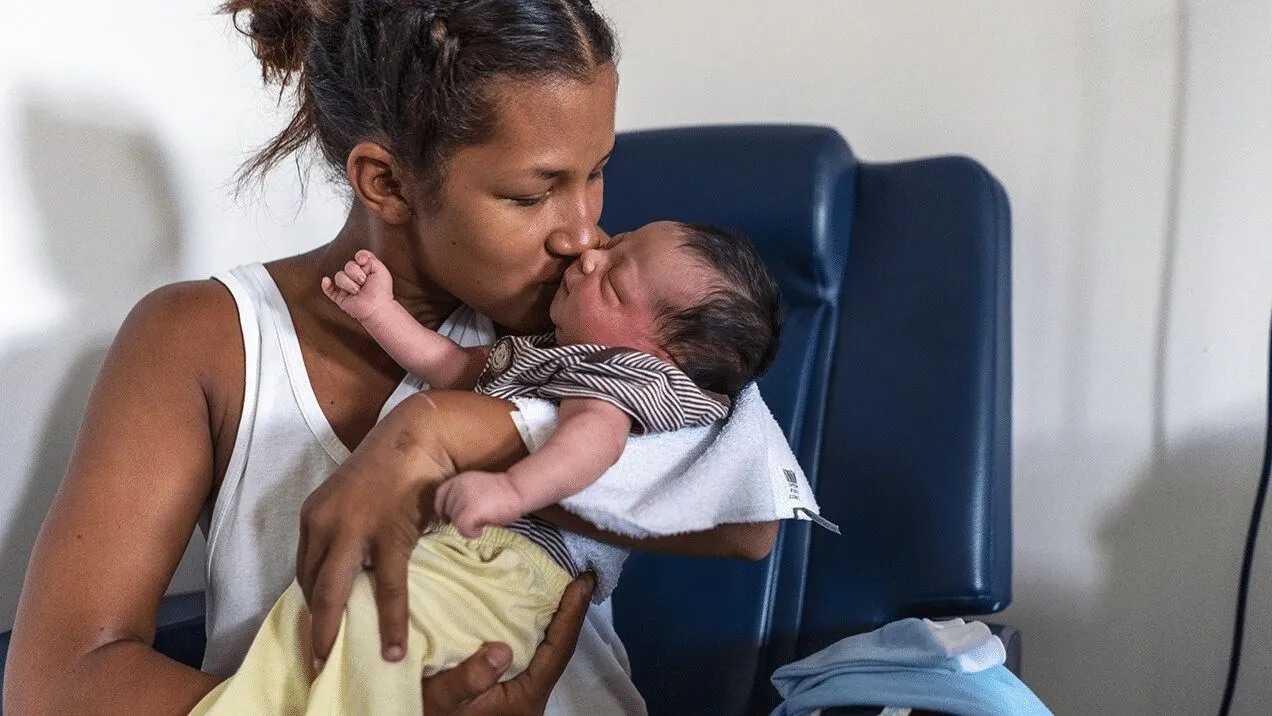
The worst refugee crisis in the Americas
More than 70 million people are displaced around the world, uprooted from home and starting over elsewhere as a result of persecution, conflict or violence. That’s dozens of people forcibly displaced in the time it will take you to scroll through this page. This shocking statistic is at another record high this World Refugee Day, with the number more than doubling in 20 years because of ongoing and intensifying conflict and crises.
Refugees represent more than a third of this population – defined by UNHCR (the U.N. Refugee Agency) as those who’ve been forced to seek safety in another country entirely. But the semantics seem arbitrary: whether displaced inside their own country, just across the border or abroad, all of these children, women and men have been forced to leave their homes behind with little hope for return – often carrying not much more than the clothes they’re wearing.
In the Western Hemisphere, we’re seeing the worst refugee crisis in the region’s history:
An estimated 3.7 million people have fled political and economic turmoil in Venezuela, and some predict that more than 5 million people will have left the country by the end of this year. The number of Venezuelans seeking refugee status worldwide since 2014 has already increased by 4,000 percent as crisi
s escalates and conditions worsen — rivaling the scale of the Syria crisis.
While the situation has undoubtedly impacted the entire region, Colombia has received the highest number of refugees and migrants, opening its doors to more than 1.2 million people.
At Project HOPE, we don’t see much of a real distinction between refugee and migrant. All of these families have been forced to leave home due to economic and political collapse that has spurred conflict and insecurity and resulted in lack of food, medicine and other essentials. Under such dire conditions — without food or other basic necessities — it’s hard to imagine anyone who would feel like they had the choice to stay.
Thousands of Venezuelans continue to flee and cross the border to Colombia every day, forging ahead into uncertainty – each with their own story and hope for a new future.
Living in the shadows of violence
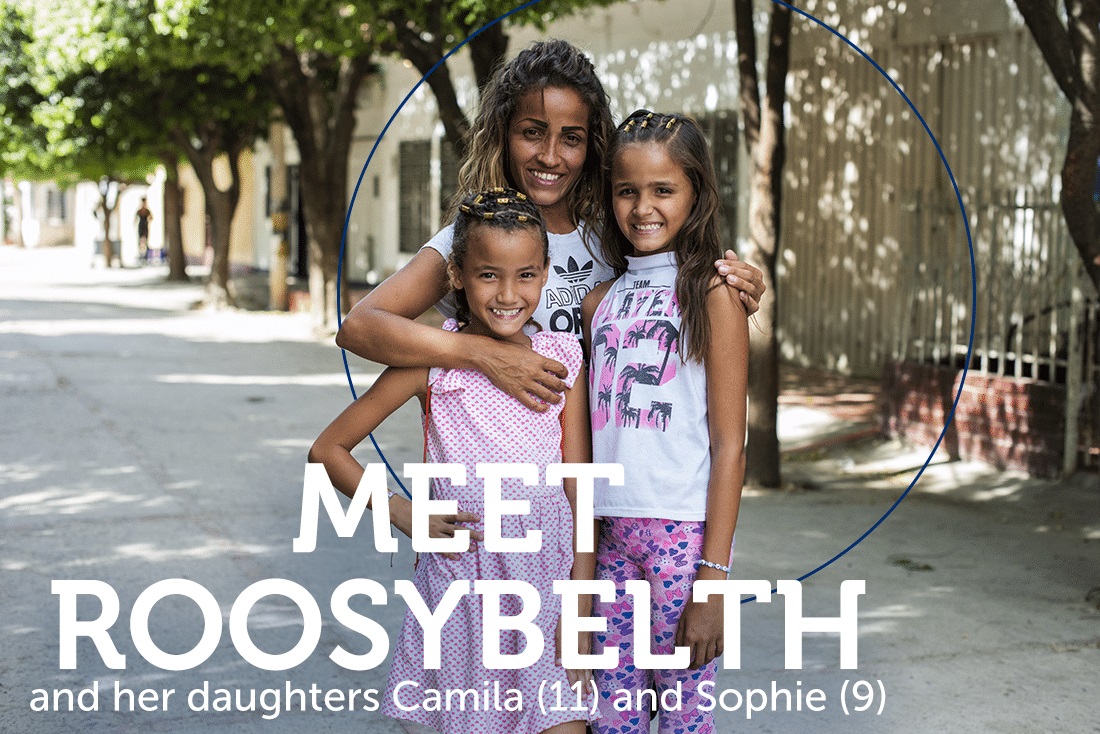
Roosybelth’s family was forever changed by violence three years ago when her husband was killed trying to stop thieves from stealing his truck. Their two daughters, Camila and Sophia, now 11 and 9, struggled in their grief; Camila was so depressed that she told her mother she wanted to die. Roosybelth sold almost all the family’s belongings and exhausted her savings to pay for counseling for her daughters. When she ran out of money she came to Colombia. The family lived in Bogotá, Colombia’s capital, for 11 months, then returned to Venezuela so that Roosybelth could bring medicine – unavailable in Venezuela – to her ailing grandmother. There, Roosybelth contracted hepatitis B.
They’ve since returned to Colombia, this time to Cúcuta, a city along the border with Venezuela. Life here isn’t easy – they share living space with numerous other families, sleeping on the floor. Their meals come from the “comedor,” a nearby soup kitchen that serves breakfast and lunch six days a week. They are frequent visitors to the Project HOPE health outpost: on this particular day, Project HOPE’s Dr. Myleidy Villamizar treated Roosybelth for the hepatitis B and her daughter Camila for diarrhea, most likely caused by poor sanitary conditions in their shelter. “Thank you for the work that you do,” says Roosybelth. “You cannot find medicine in Venezuela…and here, I can get it for free. An antibiotic saves lives, a medicine saves lives. And in Venezuela we don’t have them.”
Waiting for a work permit, waiting for a new life
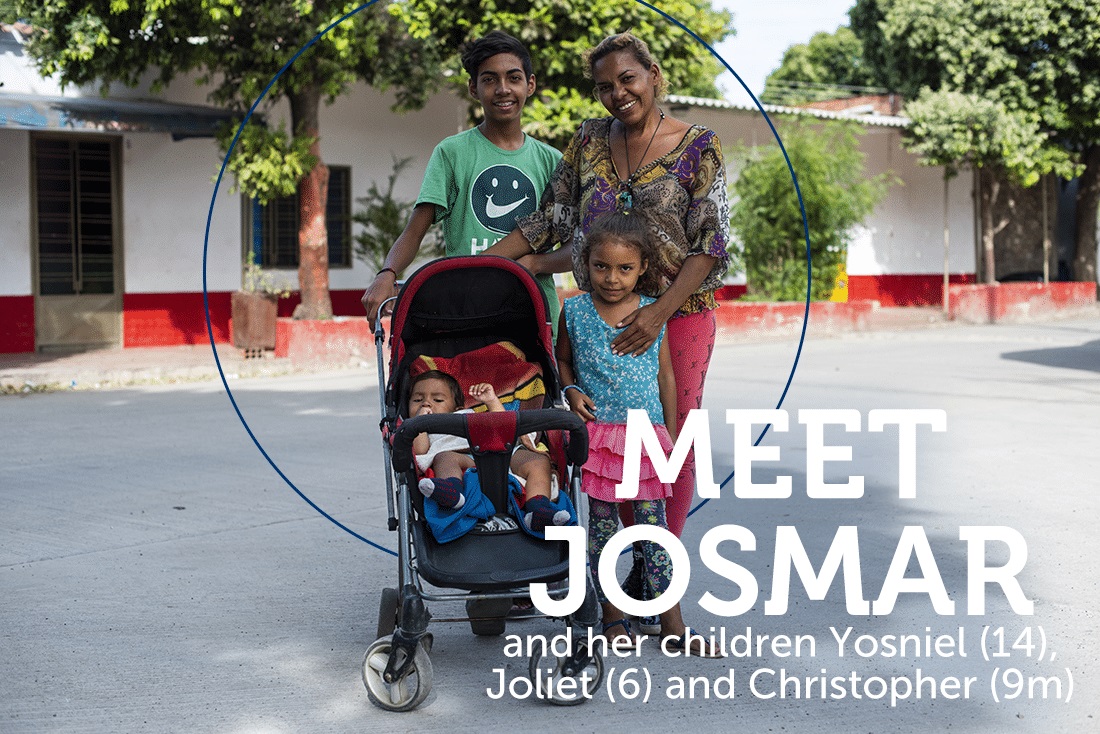
“The rest of the month I had to look for things to sell…We couldn’t live. We were about to die of hunger…of starvation… Only rich people can buy [food].”
In Venezuela, Josmar was an English teacher with 20 years of experience, teaching at all levels from university to pre-school. But one month’s pay bought only two days of food. “The rest of the month I had to look for things to sell…We couldn’t live. We were about to die of hunger…of starvation… Only rich people can buy [food].”
So Josmar and her husband came to Colombia. Within just two months, her husband left her and their chidren while she was pregnant with now 9-month-old Christopher – she hasn’t heard from him since. Josmar and her three children rent floor space in a two-room house close to the Project HOPE clinic in La Parada; they share the house with seven other Venezuelan families. They eat breakfast and lunch at the “comedor,” and often Josmar gives some of her own food to her older son Yosniel, 14, so that he has enough to eat. Josmar has a job offer to teach English at the University of Santander, but she’s been waiting months for her work permit from the government of Colombia. Unable to work, she has fallen in debt to her landlord and is slowly paying it back by finding tenants to fill an already overcrowded house.
A new son in a tumultuous time
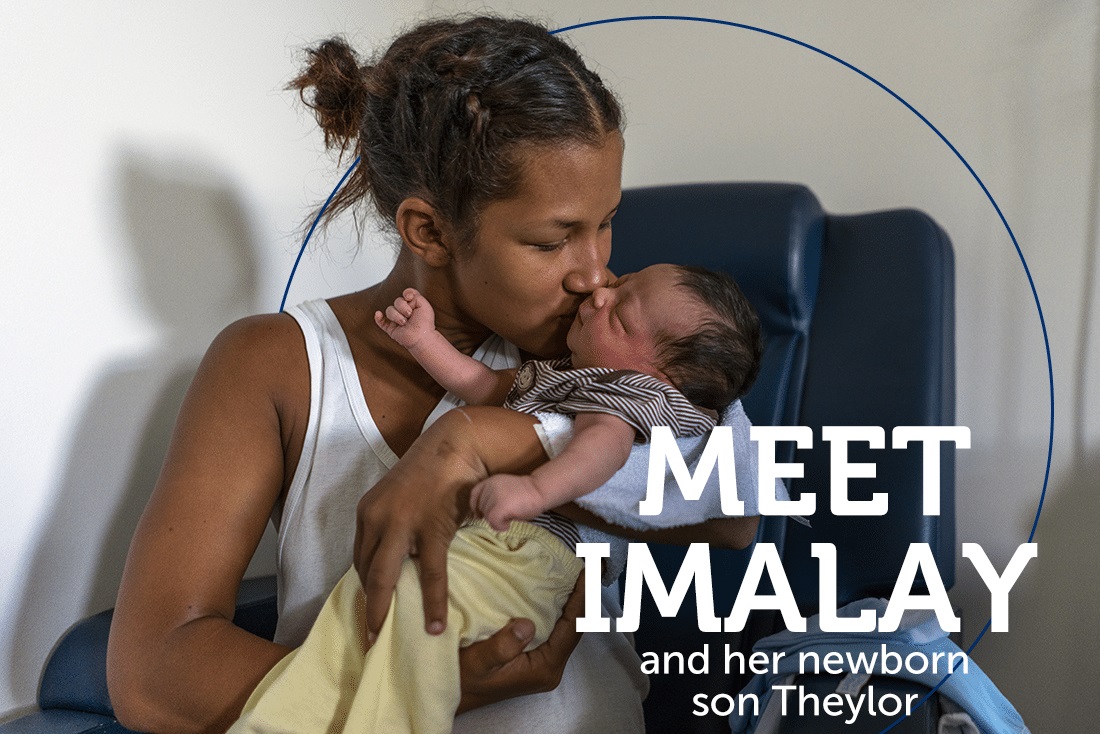
Imalay has not had an easy time adjusting to life in Colombia, and she’s not the type of person to ask for help. “I was raised to earn the things that I wanted; my father taught me not to depend on someone else and to look out for the well-being of my children,” she says. She currently lives in a house with about 60 other people, all sharing one bathroom, while her children live with their grandmother nearby. But still, the struggle is more bearable than life in Venezuela – where it’d take two months’ salary to pay for a pack of diapers. In Cúcuta, her husband earns what he can by carrying supplies for migrants crossing back into Venezuela. They make 10,000-20,000 Colombian pesos per day (U.S. $3-6), spending roughly 6,000 ($1.60) on rent, and another 2,000 for cooking privileges and other expenses.
We first met Imalay at the Project HOPE clinic in La Parada, then saw her the next day at the hospital as she was getting ready for a C-section. She is one of thousands of Venezuelan women giving birth in Colombia – back home, between power outages and a lack of basic hospital supplies, safe deliveries are hard to ensure. Baby Theylor is Imalay’s third child.
“I dream and hope that we do not need to live day to day, and that as parents we can provide for him.”







